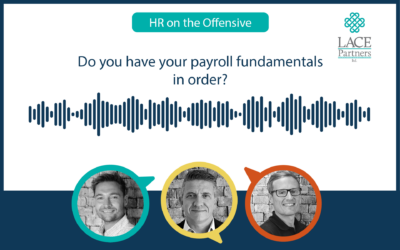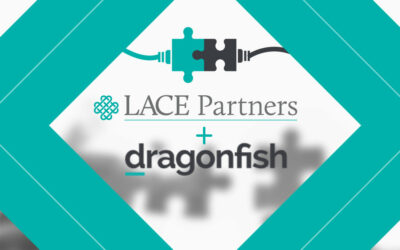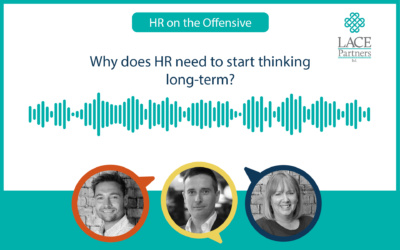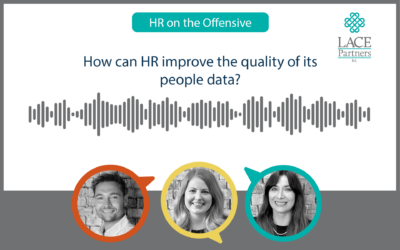Over the past couple of years, there’s been increasing interest in how the brain works and how that knowledge can be applied to business. Neuroscience is all set to shape the future of work. But what difference will it make, and how should it be applied?
Neuroscience is almost certainly on your radar by now. You might know the word and a few associated concepts, but it may all still feel rather remote? That’s all set to change.
Neuroscience is coming
Whilst technology has transformed our personal and corporate worlds in palpable ways in the past couple of decades, significant advancements have been made in neuroscience. These findings are set to be put into practice.
Interestingly, a scant few of the many, many predictions of the ‘future of work’ and ‘fourth industrial revolution’ include references to neuroscience. Yet, the science about our brains is going to play a key role in what’s to come. The World Economic Forum (WEF) points to this shift: “The future will be a fusion of technologies which will blur the lines between physical, digital and biological spheres’’.
New advances could help shape a more harmonious future
How fast will these changes take hold? No one knows. One thing neuroscience can tell us for sure is that our brains won’t evolve at the same pace as technology. This has created a gap (spanning thousands of years) between how our brains work and the world that we’ve created and now live in. This gap is jarring – there’s no question about it. It’s already causing friction in organisations, and it’ll continue to do so. Unless we start to learn more about neuroscience and apply that to how we run our businesses.
The Fourth Industrial Revolution can lift humanity into a new collective and moral consciousness based on a shared sense of destiny
Klaus Schwab, Founder and Executive Chairman of the WEF, has shared an inspiring vision:
“The Fourth Industrial Revolution may indeed have the potential to “robotize” humanity and thus to deprive us of our heart and soul. But as a complement to the best parts of human nature – creativity, empathy, stewardship – it can also lift humanity into a new collective and moral consciousness based on a shared sense of destiny”
Neuroscience can help us better understand how to shape our future in the right way. Understanding and applying neuroscience to the world of work will have a phenomenal impact on organisations.
Early applications: an overview
Rapidly evolving, the discipline gives us the opportunity to reassess and understand why many HR approaches favoured over the past 20 years have failed, or caused issues. Traditional performance management processes are great examples, as they tend to immediately put the brain on ’threat alert’, significantly reducing the quality and power of the conversation. Neuroscience will help us perceive of the human side of organisations in new ways, and assist us in nurturing it.
So what’s already being done? To date, there’s been a real focus on leadership and coaching, where neuroscience is applied to existing approaches and training methods. There’s also been a focus on learning, often in the form of brain training applications and solutions. These techniques are delivered by practitioners with varying levels of knowledge of neuroscience. Some solutions and methods in the market are backed up with robust science. Some are not. For anyone looking to buy, quality assurance is key.
‘Brain training’ has seen huge growth, despite a lack of scientific backing. Right now, the consensus amongst neuroscientists is that there are no proven benefits to playing brain training games. They won’t transform you into a professional powerhouse. Their validity and impact remains a hot topic across academic and non-academic circles.
As neuroscience is harnessed to drive People Change, we need to take a moment to pause and reflect. It’s vital to separate out those who know what they’re doing from those who don’t. The latest findings have the power to help individuals and organisations thrive – let’s get it right.
Linda Jarnhamn, LACE Partners Senior Associate, Founder & Managing Director of HRinspireME – a hub and consultancy that brings together neuroscience, HR and change management in the Middle East









